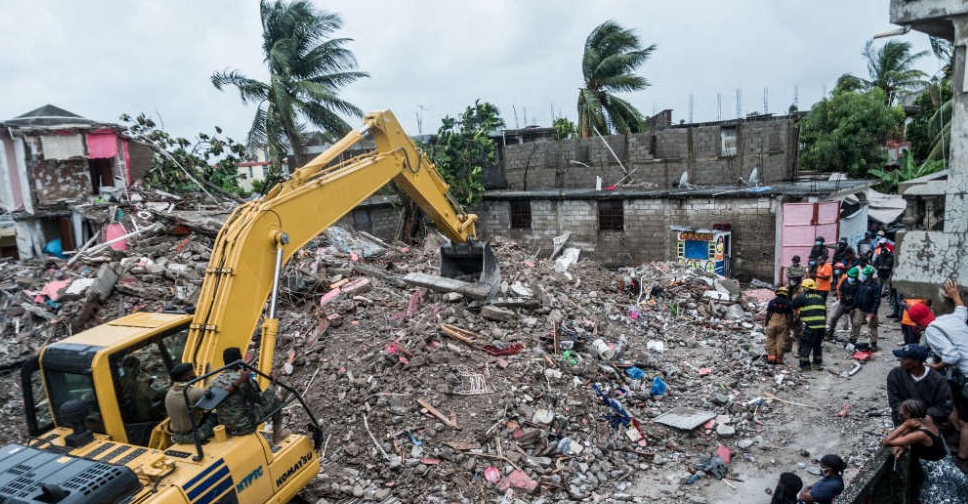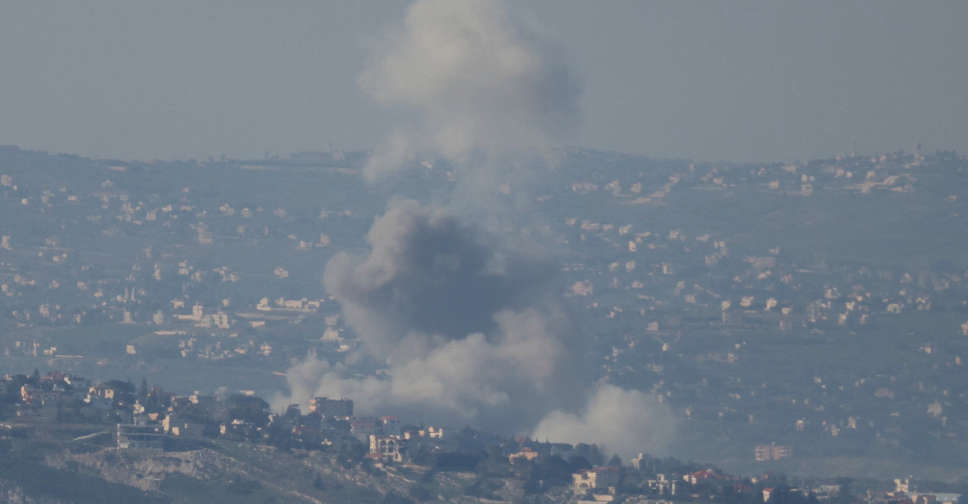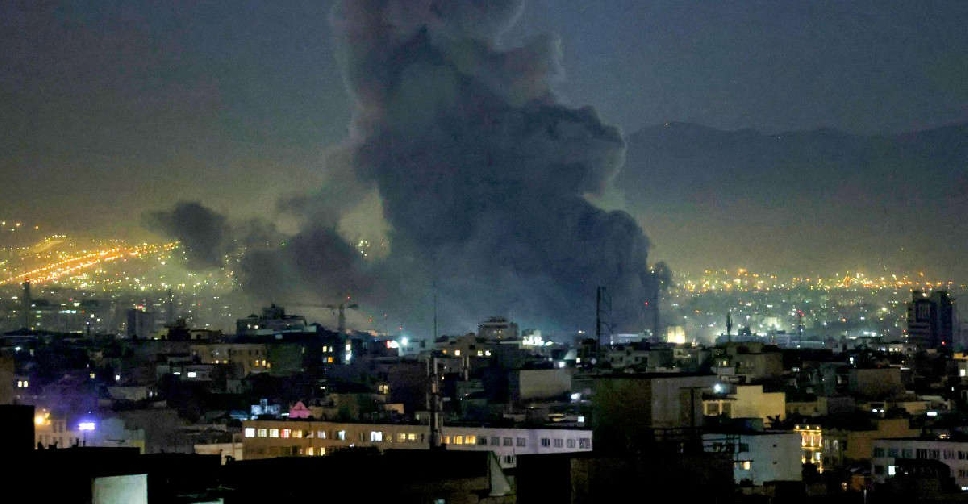
Survivors of the earthquake that killed at least 1,941 people in Haiti clamoured for food, shelter and medical care as search efforts resumed after a tropical storm lashed the Caribbean nation.
Quake damage to several major hospitals hampered humanitarian efforts, and doctors in makeshift tents outside battled to save the lives of the many injured, including young children and the elderly. But they could not help them all.
Saturday's quake knocked down tens of thousands of buildings in the poorest country in the Americas, which is still recovering from a temblor 11 years ago that killed over 200,000 people. Aside from the dead, the latest quake also injured at least 9,915, with many people still missing or under the rubble, the civil protection service said on Tuesday afternoon.
Relief efforts were already complicated due to political turmoil and difficult road access from the capital to the south due to gang control of key points. Flash flooding and landslides in the wake of Tropical Storm Grace, which by Tuesday afternoon had continued on past Jamaica, exacerbated the situation.
"Countless Haitian families who have lost everything due to the earthquake are now living literally with their feet in the water due to the flooding," said Bruno Maes, the United Nations Children's Fund (UNICEF) representative in the country.
"Right now, about half a million Haitian children have limited or no access to shelter, safe water, healthcare and nutrition."
The United Nations said it had allocated $8 million in emergency funds to provide relief for affected people.
Latin America countries including Venezuela, Chile, Mexico, Panama, Colombia and the neighboring Dominican Republic sent food, medicine and supplies. The United States also dispatched supplies and search and rescue teams.
Although criminal gangs have been blocking access roads for months, the United Nations Office for the Coordination of Human Affairs said "successful negotiations" had made it possible for a convoy to reach Les Cayes.
The hospital in Les Cayes, about 150 km west of the capital Port-au-Prince, was even more overwhelmed on Tuesday than before as patients who had been camping outside moved indoors to escape the tropical storm.
Director Peterson Gede said medics were doing the best they could. "We couldn't handle all the patients," he said. "And we have been receiving supplies, but it's not enough."
Haiti's latest natural disaster comes just over a month after the country was plunged into political turmoil by the July 7 assassination of President Jovenel Moise.
Prime Minister Ariel Henry, who was sworn in less then a month ago after Moise's assassination, vowed to disburse humanitarian aid better than in the wake of the 2010 quake.




 Starmer says US can use British bases for defensive strikes against Iran missiles
Starmer says US can use British bases for defensive strikes against Iran missiles
 31 killed in Israeli strikes on Beirut's southern suburbs
31 killed in Israeli strikes on Beirut's southern suburbs
 Fire from missile debris kills one in Bahrain
Fire from missile debris kills one in Bahrain
 Israel hits Tehran again after killing Khamenei, leadership council takes over
Israel hits Tehran again after killing Khamenei, leadership council takes over
 Iran's supreme leader Khamenei killed in US-Israeli strikes
Iran's supreme leader Khamenei killed in US-Israeli strikes







